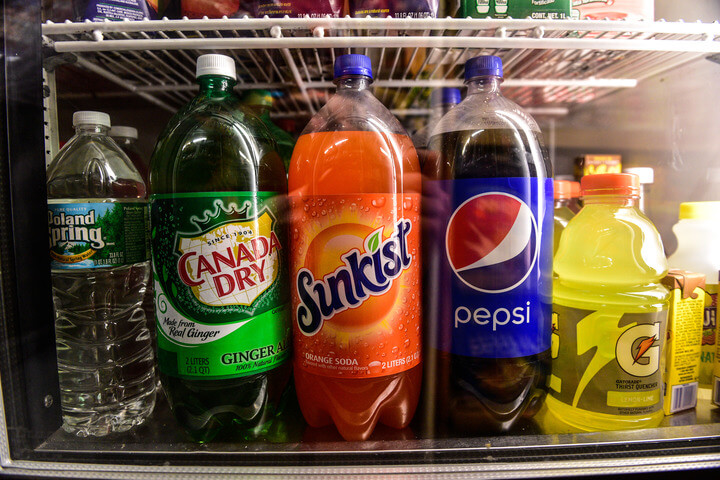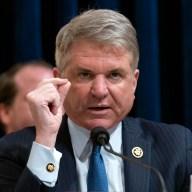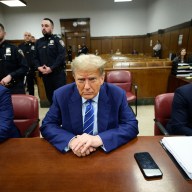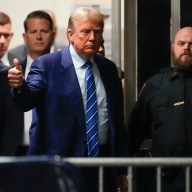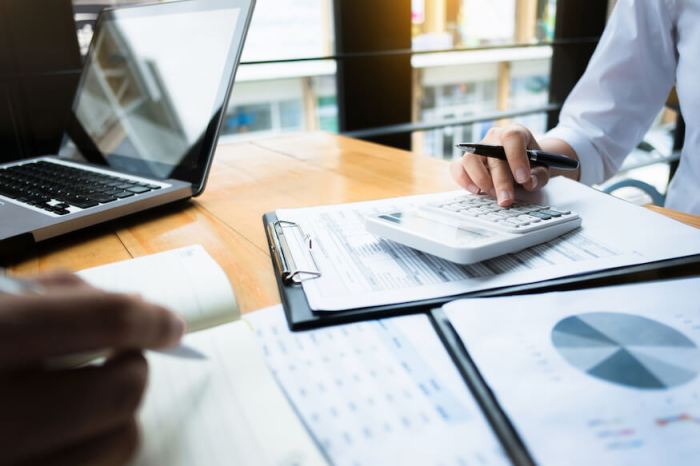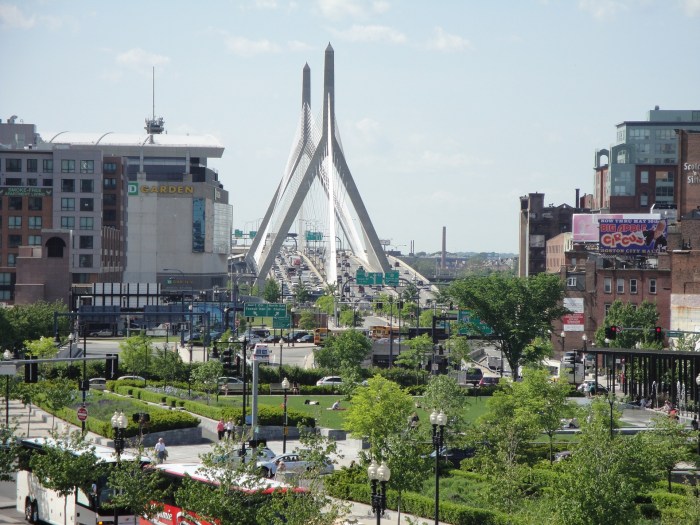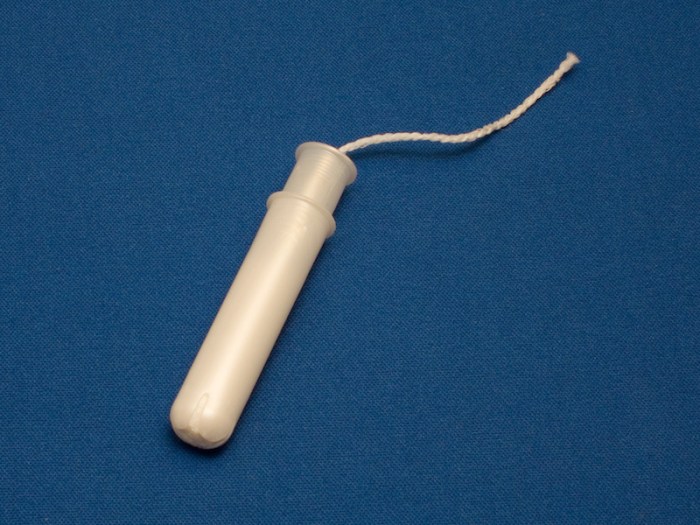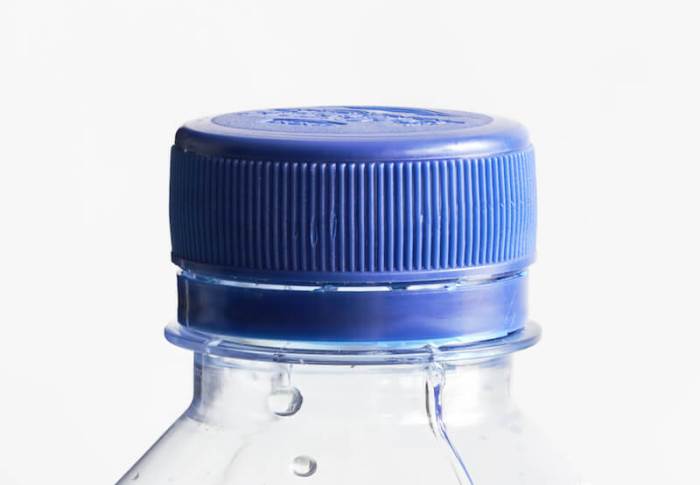Empty calories would carry a new cost under a plan pushed by health organizations and lawmakers that would add a sin tax to soft drinks.
Under the proposal, a $1 can of cola would have an additional 24-cent cost, which would likely be passed along to the consumer, according to Allyson Perron Drag, of the American Heart Association, who said it would promote healthier hydration and fund projects like improved drinking water infrastructure.
“There are much better ways to fund programs important to our communities than a tax that threatens jobs, hurts our local businesses and hits working-class families the hardest,” the Massachusetts Beverage Association said in a statement issued as proponents held a press conference touting the proposal.
Even supporters of the legislation (H 3329/S 1562) acknowledged the tax would hit low-income communities the hardest, while contending that it would drive healthier behavior among those populations and fund programs like drinking fountains and nutritional programs that would benefit them.
Sen. Jason Lewis, a Winchester Democrat who sponsored the bill along with Newton Democrat Rep. Kay Khan, said Tuesday that it could raise $368 million and nudge people away from refreshments that can lead to obesity and other ailments.
“Sugar-sweetened beverages are the largest source of added sugar to the American diet,” Lewis said at the press conference.
The sugary drinks excise tax would be levied at the wholesale level and would not be applied to frappes, sweetened coffees or other drinks made behind the counter, according to Lewis, who said it would apply to fountain soda syrup, powdered drink mixes and coffee milk – the official state drink of Rhode Island. For syrups and powders, the tax would be applied as though the drinks were already mixed.
Dr. David Ludwig, director of the New Balance Foundation Obesity Prevention Center, said scientific studies suggest that when people drink sugary drinks they do not curtail their other calorie consumption the way they do when eating sweets. He said people drink sugary drinks to quench their thirst but they also get a dose of calories that can lead to weight gain or diabetes.
Ludwig said sugary drinks also light up the same area of the brain stimulated by addictive substances, and studies have shown sugary beverages cause weight gain among children.
The beverage association said sugar and calories in soft drinks have dropped over the past decade and a half while the rates of obesity and diabetes have increased roughly 24 percent.
“Federal data from the Centers for Disease Control and Prevention shows diabetes and obesity rates have been going up for years while consumption of soft drinks has been declining,” the association said. “If the two were connected, the rate of obesity should’ve gone down. It did not because as nutritional science tells us, obesity is a complex condition with many risk factors that include an imbalance in calories consumed from all foods and beverages.”
Massachusetts is home to Polar Beverages, which produces sugar-free seltzers among other products, and Ocean Spray, a major producer of cranberry juice – the official state beverage of Massachusetts. Ocean Spray’s cranberry juice cocktail lists sugar as its third ingredient and Nantucket Nectars, owned by Dr. Pepper Snapple Group, lists sugar as its second ingredient in its Big Cranberry beverage.
Lewis said he drinks unsweetened cranberry juice and Ludwig said the tax would incentivize the beverage industry to reduce the added sugar in their drinks.
If the bill becomes law – it faces long odds in the current political climate – Massachusetts would become the first state in the nation to adopt a tax on sugary drinks and the first jurisdiction in the United States to adopt a tiered system of taxing sugary drinks. Under the proposal, beverages with less than 5 grams of added sugar per 12 ounces would not be taxed, while beverages with 5-19 grams would be taxed at 1-cent per ounce and the most sugary beverages with 20 grams or more of sugar per 12 ounces would be taxed at 2 cents per ounce.
Last month, before Rep. Khan withdrew from consideration a sugary drinks tax amendment to the House budget, Senate President Stan Rosenberg said the general idea has not yet won over members of the Senate, which is expected to debate its version of the budget later this month.
“It’s come up a few times in the Senate and has not thus far gotten traction. Time will tell,” Rosenberg told the News Service.
Drag said she has sensed a little more interest in the bill given the state’s cratering state revenues, which are running $462 million below benchmark.
Lewis said that revenue collected under the proposed new tax would go into a Children’s Health Promotion Fund, which would not “directly” fund MassHealth – the biggest budget item – but would help “reduce the disease burden” that drives MassHealth spending.
Jon Hurst, president of the Retailers Association of Massachusetts, said he does not oppose applying the sales tax to soda, especially if combined with a sales tax reduction, but he is against an excise tax on sugary drinks which he said would be significantly costlier for consumers.
“We’re one of the minority of states that do not apply the sales tax to soda,” Hurst told the News Service. He said, “Putting soda under the sales tax we don’t think would affect consumer behavior.”
Hurst said Lewis and Khan’s bills include a “very high level of tax,” and restaurant diners could be doubly taxed under the proposal because meals are already subjected to the sales tax. The state puts an excise tax on liquor and tobacco – which is built into the price consumers see rather than added on at the register like a sales tax – and in 2010 voters repealed a recently enacted sales tax on alcoholic beverages.
Drag said applying the sales tax to sugary drinks – as former Gov. Deval Patrick repeatedly proposed in his budget bills – would bring in about $50 million, or about 14 percent of the taxes expected under the new proposal.
Proponents and opponents point to two cities to illustrate how the proposal would allegedly help residents shed pounds or cause grocers to shed jobs.
Hurst and the Beverage Association pointed to Philadelphia, which the association said adopted a similar proposal, leading to sales plummeting as much as 20 percent at some grocery stores while sales “spiked” at retailers outside the city.
“Grocery stores and beverage distributors have announced layoffs in the hundreds,” the association said.
Lewis highlighted the experience of Berkeley, California, whose 1-cent per-ounce tax on sugary drinks implemented in 2015 led to a 21 percent reduction in the consumption of sugary drinks in low-income neighborhoods, according to the senator, and an increase in water consumption.

